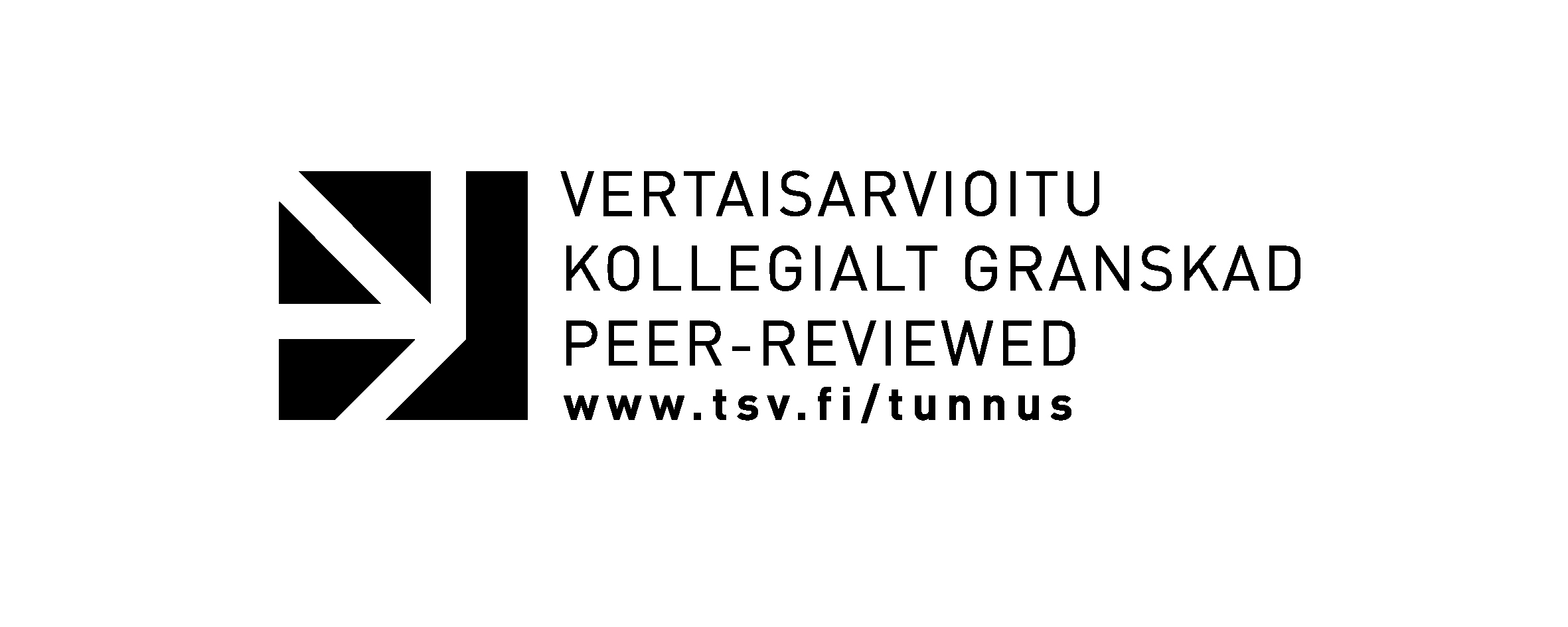Hope in Hopelessness
Affective Practices in Times of Crisis
Keywords:
affect, affective practices, hope, crisis, covid-19, war in UkraineAbstract
The question we address in this article concerns the kind of affective practices that people adopt in order to negotiate the various emotions aroused by global crises, and how these negotiations allow room for hope. In doing so, we focus on two recent major upheavals, namely the COVID-19 pandemic and the Russia’s war in Ukraine, and on how they have affected people’s everyday lives. Both crises were documented in two rapid-response questionnaires organised by the Finnish Literature Society. Keeping daily routines as normal as possible, prepping and preparing, sending and receiving memes and other humorous materials via social media, and becoming involved in grass-roots actions and activism were incorporated into the descriptions of everyday life. As such, these actions gave people the feeling that they were doing something and that they had some control over what was happening around them. Here, we discuss these affective practices as a way of allowing room for hope and engendering hopefulness for a better future among those taking the action, and those in their sphere of influence. In acquiring agency, people were negotiating hope for a better future despite the uncertain situation.

Published
How to Cite
Copyright (c) 2023 Jenni Rinne, Pia Olsson

This work is licensed under a Creative Commons Attribution-NonCommercial 4.0 International License.







